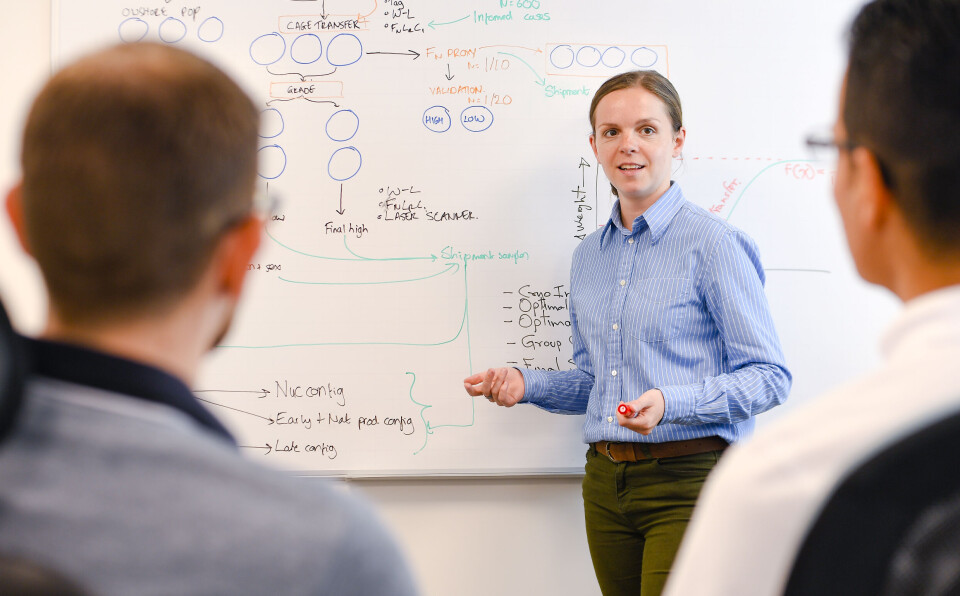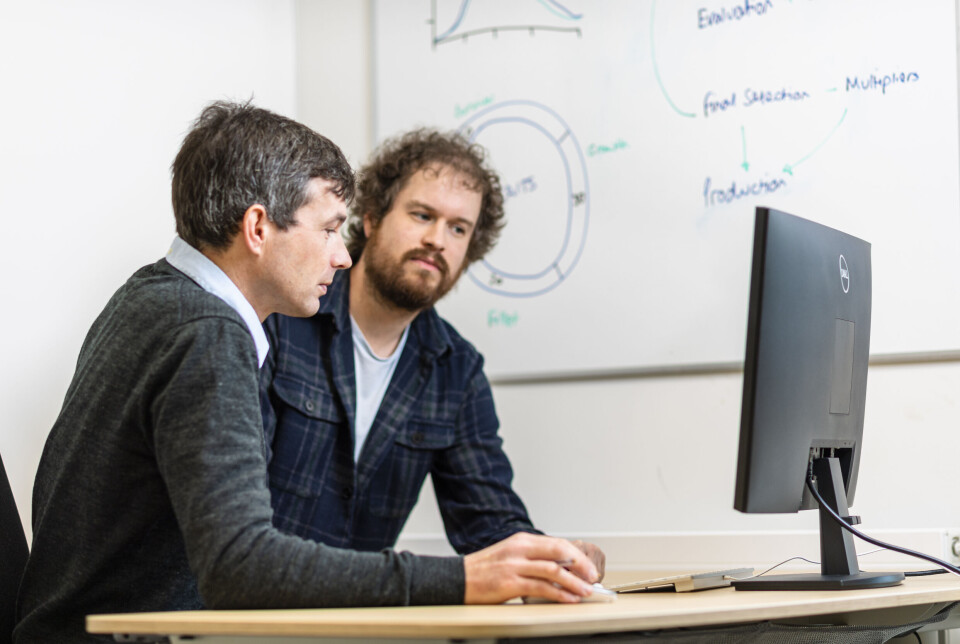
We made the right Xelection!
Scottish genetics company celebrates 10 years of success across the globe after switching focus to aquaculture breeding programmes
St Andrews-based aquaculture genetics company Xelect is celebrating a decade of progress since it changed tack to focus on helping smaller fish farmers have their own breeding programmes.
Ten years ago, at an aquatic genomics conference in Athens, co-founder Ian Johnston was asked if the Scottish company could help in such a task.
That led a fork in the road for Xelect, a St Andrews University spin-out that had been formed a few years earlier to license genetic markers associated with increased fillet yield and quality in Atlantic salmon.
At the time only the biggest aquaculture players could afford the resources required for a genetics programme, and Johnston and co-founder Tom Ashton saw an opportunity for an agile partner that could act as the genetics department for a wide range of aquaculture companies.
30-plus breeding programmes
Since then, Xelect has grown rapidly from a few borrowed benches in a university lab to a company with a state-of-the-art sequencing laboratory, managing more than 30 breeding programmes globally.
Its work spans 20 species and its clients range from national governments to some of the most prominent names in aquaculture.
Breeding programme results have included 21% growth improvements in a single generation for a seabass producer, and a 19%-plus increase in survival rates for a salmon producer.
The company said part of its success is due to Optimate, a powerful bespoke software package specifically for aquaculture that Xelect developed, initially in collaboration with Roslin Institute. The package can process enormous data sets to produce findings for use by the company’s genetics experts.

Rapid gains
Mark Looseley, head of analystics and R&D at Xelect, said aquaculture breeding populations typically have lots of genetic variation, allowing rapid rates of genetic gain.
“However, the reproductive biology of many species makes implementing mating plans tricky and it can be difficult to protect genetic diversity whilst simultaneously selecting for key traits,” explained Looseley. “Optimate has developed with Xelect and can now deal with most hatchery scenarios (including group spawning species).
“We have increased the efficiency of our optimisation algorithms so that runs that would previously have taken hours to complete now take minutes.”
This allows real-time redesign of mating plans, improving results and reducing the workload for hatchery staff. Xelect said this combination of cutting-edge technology and deep, long-term customer relationships allows Xelect to design breeding programmes that maximise commercial returns.
In December 2023, Xelect became part of Genus Group, a world leader in terrestrial livestock genetics, giving it access to further expertise in breeding technologies and gene editing.
Best route to value
Xelect’s head of breeding programmes, Marie Smedley, was the first breeding programme manager hired by the St Andrews company and was tasked with designing breeding programmes for a myriad of aquaculture systems.
“Reproductive systems in aquaculture are remarkably different from terrestrial species, where genetic improvement pathways are far more established,” said Smedley.
“Over the years we have acquired incredible specialists, had exposure to a large number of species and customers, and continually researched the best route to increased genetic value.”
Smedley added that it was rewarding to see customer programmes succeed over multiple generations, and that the company continues of offer genetics services to any client, regardless of scale.
Lab expansion
Xelect is expanding its dedicated aquaculture genetics laboratory in St Andrews, with plans for a high-throughput, fully automated facility. It has launched a new website and refreshed brand.
And more is to come. The company’s global head, Chris Wallard, said: “In the coming year, we’ll be making significant announcements about major enhancements to our services. We’ve listened to our customers, analysed emerging technologies, and identified key advancements that will unlock even greater breeding programme performance.
“From digitalisation to novel phenotyping techniques and emerging breeding technologies, we are committed to staying at the forefront of aquaculture genetics. We’ve built a globally recognised reputation, but we’re not resting on our laurels.”























































